
Irma Konovalova, Danielle Wyman, Dr Ben Hicks and Prof Jan Wiener, members of the ADRC, have been working on ERASMUS+ funded project ‘Using Drama and Storytelling in Dementia Care’. This project has demonstrated the potential for creative psychosocial initiatives to support well-being in people with dementia and their care partners. The team have been working in collaboration with people with dementia to develop a storytelling and creative drama programme that aimed to enhance communication within this population and promote a positive sense of identity.
The Story2Remember team have produced the third output “Storytelling and alternative communication methods in dementia care: Toolkit for family members”. This toolkit aims to enhance the skills of family members of people with dementia through the use of storytelling as well as alternative communication methods. The toolkit includes a brief description of the most common situations in which communication difficulties may arise, it describes how storytelling and alternative communication methods can be used in these situations and provides step by step guidelines to implement activities that can support communication between people with dementia and their family.
We asked dementia professionals from the partnering countries, England, Greece, Romania and Bulgaria, to review this toolkit and provide their feedback. Professionals identified it as a useful toolkit to support communication between family members and people with dementia. They thought it is well supported by empirical evidence and suggested that this toolkit provides new and alternative ways to communicate with people with dementia that may stimulate memories and positive feelings. One of the professionals reported: “the activities that have been created and outlined at the end of the booklet are an excellent way of developing communication and enhancing the caring relationship between the person with dementia and the family member”. Some professionals also suggested that this toolkit raises awareness of the importance of communication.
Reviewers also commented on how professional and engaging look of the toolkit looks and that it has been written and designed very well. There are a lot of useful tips for family members and practitioners to enhance their communication techniques with people with dementia and it has been tailored to specific difficulties people with dementia and their family may encounter throughout the progress of dementia. The toolkit emphasises individual differences and encouraged people to address them. Reviewers also enjoyed the case study examples of people using story-telling communication techniques to support the person with dementia: “These added some real-life examples to the text and helped to show how they can work in practice”. They suggested that the communication methods encourage originality and creativity.
Reviewers liked the novel ideas and suggestions to support communication, especially the Adventures: “I think the Adventures are excellent and provide a really useful, creative and engaging mechanism for family members to communicate with the person with dementia. I think these activities will be of real benefit to family members who find it difficult to communicate with the person with dementia and are struggling for activities to engage them. This is likely to be even more pertinent in the current global context, where people are self-isolating at home and are likely to be in desperate need of mental, physical and emotional stimulation”.
Professionals also highlighted some areas for improvement that could be addressed in the future. For example, some practitioners mentioned that it may become challenging to use some of the suggested strategies once dementia is more advanced. They wanted more information about how to adapt communication strategies to different stages of dementia, especially if people with dementia eventually loose the ability to communicate. It may have also been useful to address the emotional impact that the progression of dementia has on family members and care partners and how these emotions can be managed.
Even though majority of professionals suggested that the toolkit is very easy to follow and that it is written clearly and contains a logical flow to it, there were suggestions about how the large amount of information provided by the toolkit could be presented in a more accessible format, for example by providing links within the text and by avoiding terms such as ‘personhood’ and ‘PwD’, especially for the lay audience.
Generally, however, the reviewers provided very positive feedback, reporting that the toolkit met their expectations and the content was excellent. They emphasised how much they enjoyed reviewing the toolkit and how novel it was.
“Thank you for your research, implementation and desire for improvement of the tool!”
“I am really glad that this new approach has been taken for the benefit of people with dementia and family members. It is a tool for all family members who care for people with dementia, whether they are in the early or advanced stages of the disease.”
“Thank you for the shared experience!”
“I think this is a really excellent project that demonstrates the importance of creative initiatives to support the well-being of people with dementia and their family members. It will be important to publicise the toolkit widely and so ensure that family members develop the knowledge and skills to run these beneficial activities”.
The toolkit can be downloaded on the project website: https://story2remember.eu/


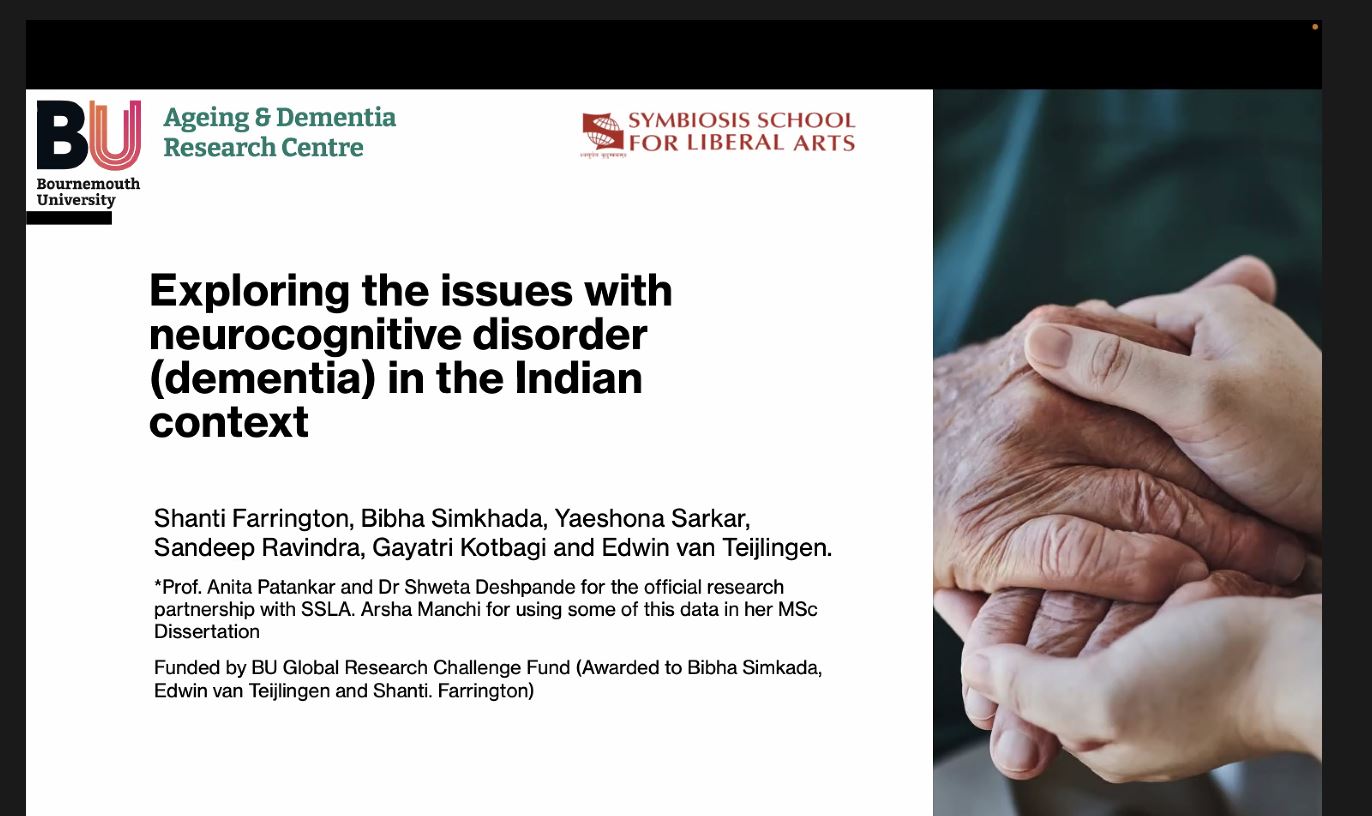 Today Dr. Shanti Farrington, Principal Academic in Psychology, presented our research work on dementia in India today. She was invited to speak to the ‘Research Participation Group of the Ageing & Dementia Research Centre (ADRC) at Bournemouth University. She addressed a range of interesting issues, for example she spoke about lack of training of health care workers in dealing with people living with dementia, but also in lack of experience in diagnosing different forms of dementia. She also spoke about the lack of experts neurologists in India, and the ageing population in this vast country.
Today Dr. Shanti Farrington, Principal Academic in Psychology, presented our research work on dementia in India today. She was invited to speak to the ‘Research Participation Group of the Ageing & Dementia Research Centre (ADRC) at Bournemouth University. She addressed a range of interesting issues, for example she spoke about lack of training of health care workers in dealing with people living with dementia, but also in lack of experience in diagnosing different forms of dementia. She also spoke about the lack of experts neurologists in India, and the ageing population in this vast country.
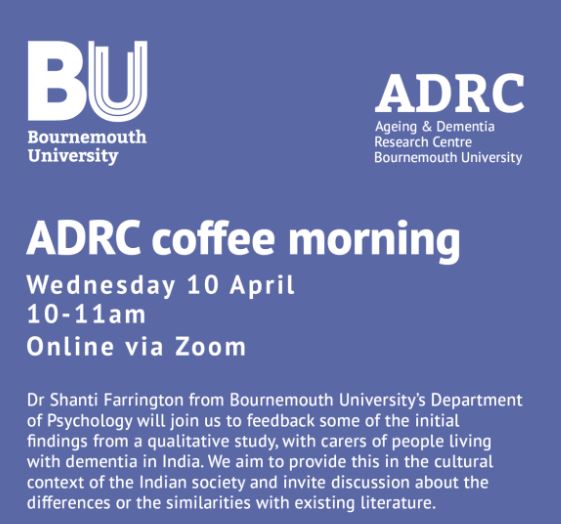
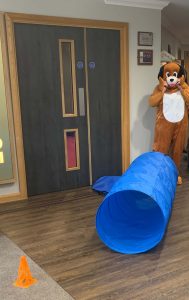

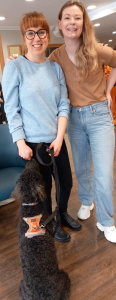

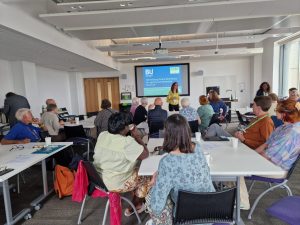
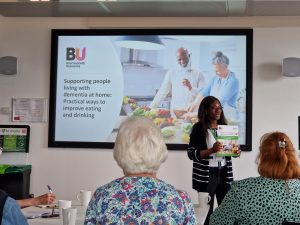
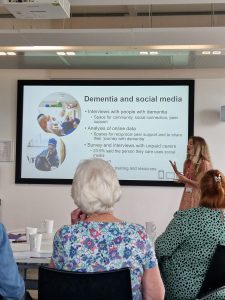
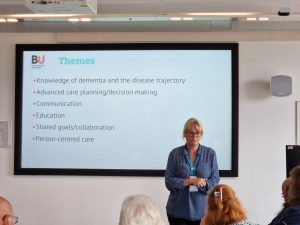
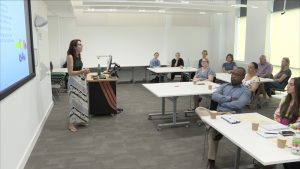
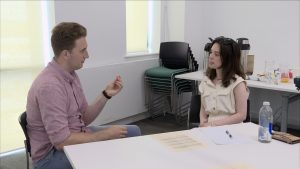
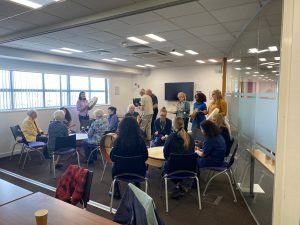
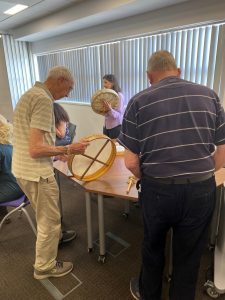
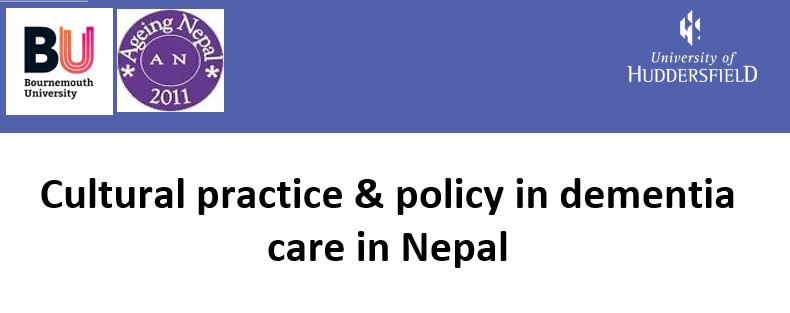
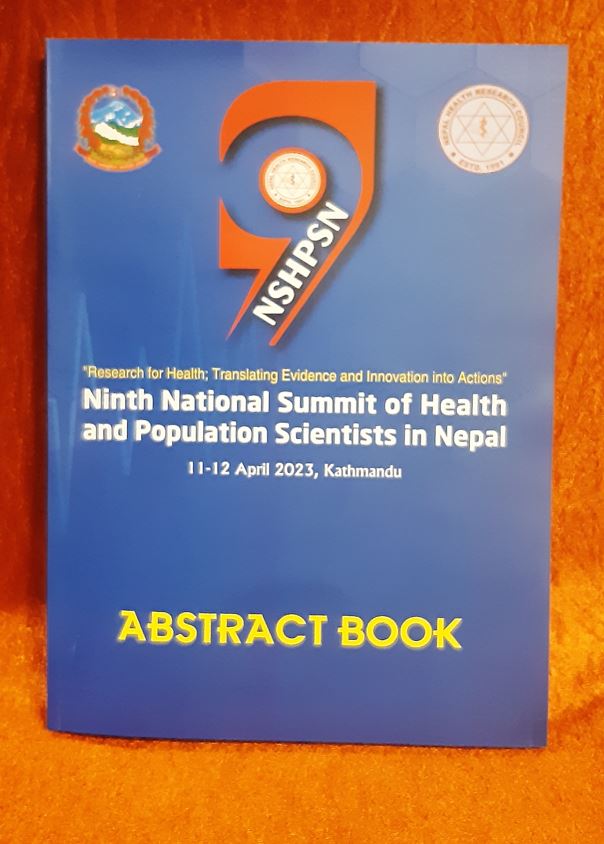
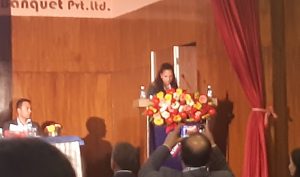
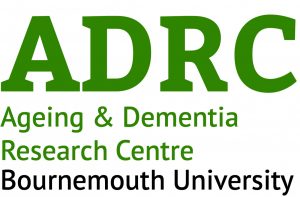
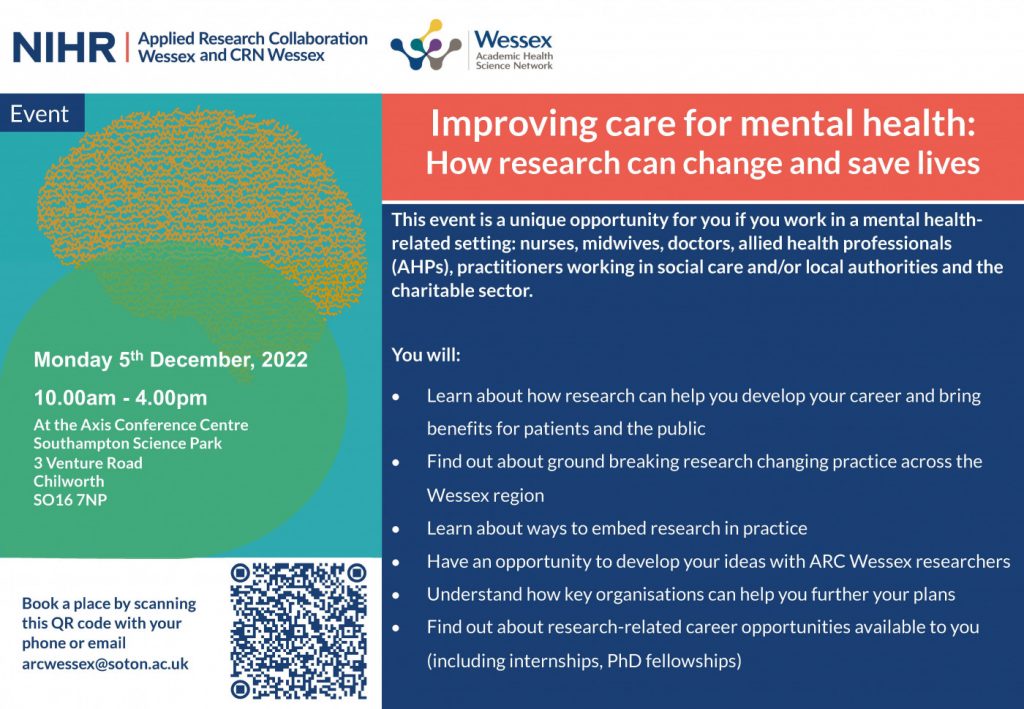
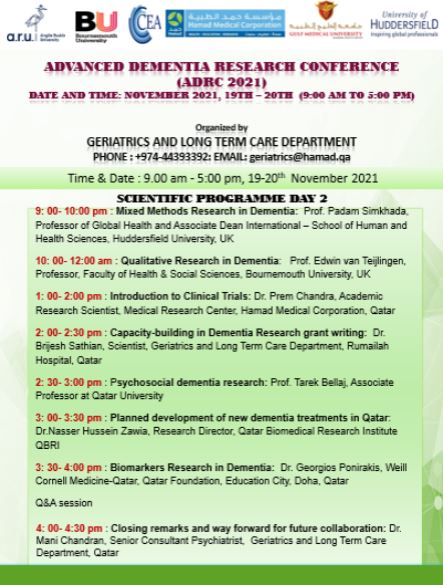
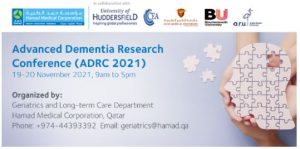

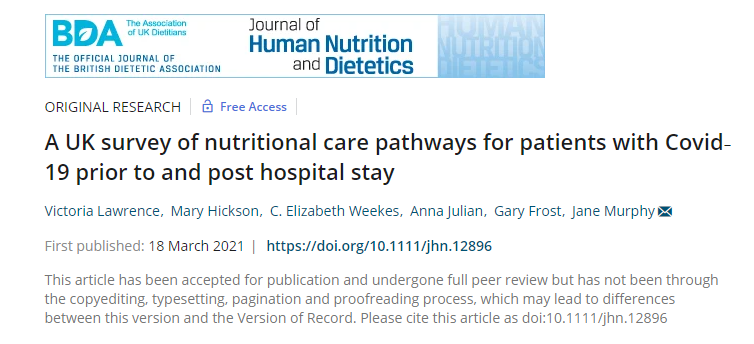
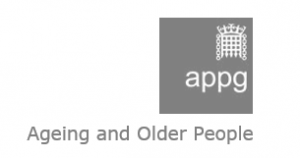



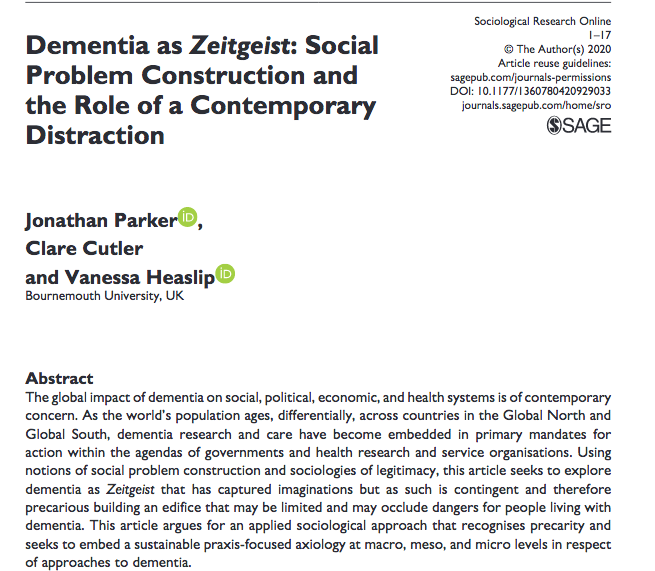












 Upcoming opportunities for PGRs – collaborate externally
Upcoming opportunities for PGRs – collaborate externally BU involved in new MRF dissemination grant
BU involved in new MRF dissemination grant New COVID-19 publication
New COVID-19 publication MSCA Postdoctoral Fellowships 2024
MSCA Postdoctoral Fellowships 2024 Horizon Europe News – December 2023
Horizon Europe News – December 2023